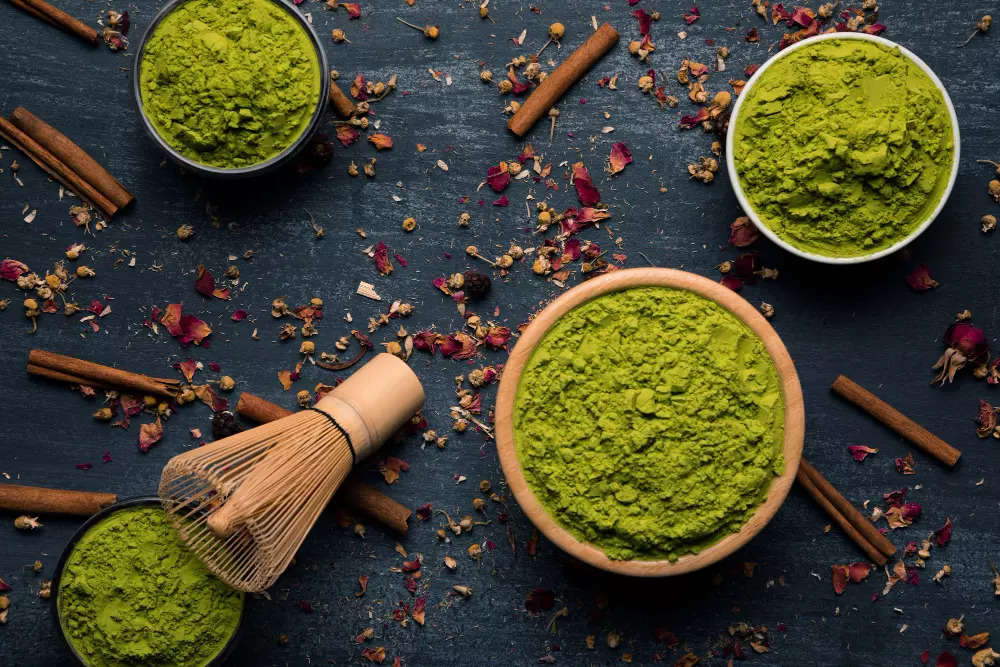
Milk or Moringa: Which Should You Choose For Your Protein Intake?
As dietary preferences shift towards plant-based alternatives, many are exploring options to meet their nutritional needs without relying on traditional animal products. One such nutrient is protein , crucial for muscle repair, immune function, and overall health. While milk has been a staple protein source for centuries, moringa is gaining attention as a potential plant-based substitute. But can moringa truly meet your protein requirements in place of milk? This article delves into the nutritional profiles of both moringa and milk to assess their efficacy in fulfilling protein needs.
Nutritional Profile of Milk
Milk is renowned for its rich nutrient profile, providing a balanced mix of proteins, fats, carbohydrates, vitamins, and minerals. A typical serving of milk (one cup or 240 ml) contains approximately 8 grams of high-quality protein. This protein is complete, meaning it includes all nine essential amino acids that the human body cannot synthesize on its own. Additionally, milk is a good source of calcium, vitamin D, and potassium, all of which contribute to overall health.
Nutritional Profile of Moringa
Moringa, often referred to as the "miracle tree," boasts an impressive nutritional composition. The leaves of the moringa tree are particularly rich in protein, vitamins, and minerals. A 100-gram serving of moringa leaves can provide around 9.4 grams of protein. This protein content is significant for a plant source, and while moringa is not a complete protein, it contains substantial amounts of essential amino acids, including leucine, isoleucine, and valine.
Comparing Protein Quality
While both milk and moringa are rich in protein, the quality and bioavailability differ. Milk proteins, such as casein and whey, are highly bioavailable and efficiently utilized by the body. In contrast, plant proteins generally have lower bioavailability due to the presence of anti-nutritional factors like phytates and tannins that can inhibit protein absorption. However, moringa is an exception among plant proteins, with relatively high digestibility and a favorable amino acid profile.
Meeting Daily Protein Requirements
The Recommended Dietary Allowance (RDA) for protein is approximately 46 grams per day for adult women and 56 grams per day for adult men. To meet these requirements solely through milk or moringa, one would need to consume about 6-7 cups of milk or around 600 grams of fresh moringa leaves daily. This comparison illustrates that while it is feasible to meet protein needs with moringa, the quantity required might be impractical for regular consumption. However, incorporating moringa into a diverse diet alongside other protein sources can effectively contribute to meeting daily protein needs.
Additional Health Benefits
Moringa offers additional health benefits that milk does not. It is a potent source of antioxidants, vitamins A and C, iron, and magnesium. These nutrients support immune function, skin health, and combat oxidative stress. Milk, on the other hand, is rich in calcium and vitamin D, essential for bone health, and supports hydration with its electrolyte content.
Environmental and Ethical Considerations
Opting for moringa over milk also aligns with environmental and ethical considerations. Moringa cultivation has a lower environmental footprint compared to dairy farming, which is associated with significant greenhouse gas emissions, water usage, and land degradation. Additionally, choosing plant-based proteins can be a more ethical choice for those concerned about animal welfare.
Next Story
READ ON APP